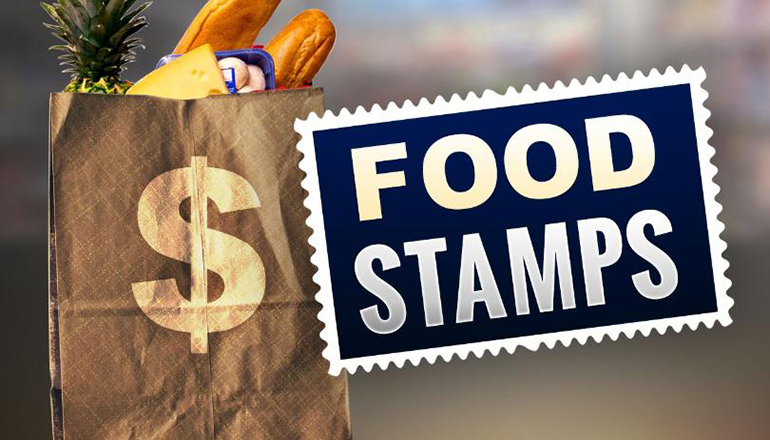The U.S. Department of Agriculture is offering a 50/50 match on Nebraska dollars invested in outreach to get more eligible families enrolled in SNAP, the program formerly known as food stamps.
Ellen Vollinger, legal director at the Food Research and Action Center, said the Supplemental Nutrition Assistance Program helps struggling families put food on the table, and can play an important role in kick-starting local economies.
She said every federal tax dollar returning to Nebraska in SNAP benefits generates up to $1.80 in economic impact. “That whole economic food chain starts with the farmers,” said Vollinger, “and there’s a benefit to them when people are participating in SNAP and purchasing the things that they produce that end up on the grocery shelf.”
Recent USDA guidance to states aims to enroll people who may not know they are eligible, including Black and Latinx households, college students, and military veterans.
Gov Pete Ricketts vetoed LB 108, a measure passed in this year’s session to expand SNAP eligibility, claiming it would discourage Nebraskans from returning to work.
Lawmakers voted to override the governor’s veto.
Vollinger noted Nebraska has historically ranked in the bottom half of states for connecting families with SNAP. Just 79% of those eligible receive assistance, compared with the national rate of 82%.
She added most working-age SNAP participants who are able to work already have jobs. “But often working at too low pay, and sometimes not full-time hours because they can’t get them,” said Vollinger. “Sometimes they might even be working two jobs and still not get the hours and the pay that they need.” She said the biggest barriers to SNAP enrollment are lack of awareness that help is available, stigma about asking for food assistance, and finding resources in an accessible language. She added that when people have the information they need from a trusted source and can get help with the application process, enrollment rates improve significantly.







